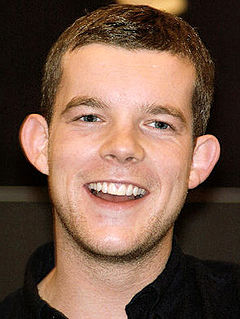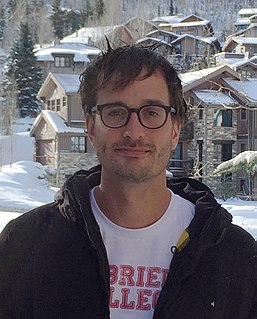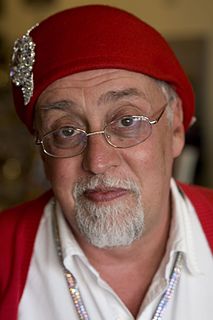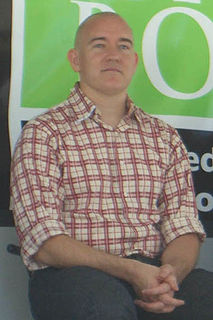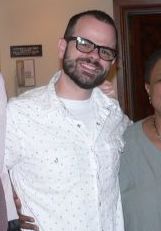A Quote by Brandi Carlile
I think I was probably looking for gay role models when I was younger, before I even knew or thought I was gay. I didn't really make the connection that they were gay, but I felt drawn to them because they were going against the grain, and I knew there was something that they had that everybody else didn't have. It was an edge.
Related Quotes
The ball scene was never really only gay people. I think people have this notion that if there's a man hanging around a gay man, he must be gay, but that's just stigma. Back in the day, it was the same; there were lots of different people there: gay, straight, whatever. They did not care what they were called because they knew who they were.
"Let's say we discover the gene that says the kid's gonna be gay. How many parents, if they knew before the kid was gonna be born, [that he] was gonna be gay, they would take the pregnancy to term? Well, you don't know but let's say half of them said, "Oh, no, I don't wanna do that to a kid." [Then the] gay community finds out about this. The gay community would do the fastest 180 and become pro-life faster than anybody you've ever seen. ... They'd be so against abortion if it was discovered that you could abort what you knew were gonna be gay babies."
It's unfortunate we live in a society where "gay" is an insult. To some of these boys, who are from really red states and have families with military history, to be called gay is the worst thing imaginable, and that's used against them. It's really interesting that these are the people drawn into the tickling world. If the people drawn into competitive endurance tickling, even if they were straight, came from liberal, accepting backgrounds, the backlash of calling them gay wouldn't be a problem. But it's a problem because of where these people are from. That's really fascinating to me.
One time I was doing an interview for a gay magazine and halfway through the journalist found out I wasn't gay. He said, 'Sorry, I can't continue the interview.' Because they only had gay public figures in their magazine. I felt so crestfallen. I wanted to tell him: but I play fundraisers for gay marriage! I'd rather my kids were gay than straight!'
Because gay people were so much more visible, violence against gays was more common and reported on. But they were definitely related to each other. In the wake of AIDS, gay people felt like they had to organize, become much more active and visible. AIDS fostered a gay rights movement that made gay people more powerful and more vulnerable at the same time.
I had a lot of gay friends and even had some congregation members who were gay, and I just wasn't sure where I stood. In my heart, I was like, "How can I condemn these people for their love of one another?" I started looking deeper into the Bible and studying and then I went to a gay-affirming church. It all came together at one point.
Originally, I was against gay marriage because I was opposed to all marriage, being an old-fashioned gay bohemian. The straight people I knew in the sixties were very much opposed to it. I was, too, and it was never a possibility for gays, but when I saw how opposed the Religious Right was to it, I thought it a fight worth fighting.
When I first came up, the whole AIDS epidemic was starting, and the gay community that I experienced from the beginning of my career was mostly - and overwhelmingly - concerned with staying alive. And, also, I felt really aware of the preciousness of life and time. The gay community and people who were HIV-positive were treated so badly, and I was very disturbed by things. But I also saw a lot of love and connection in the gay community at that time.

